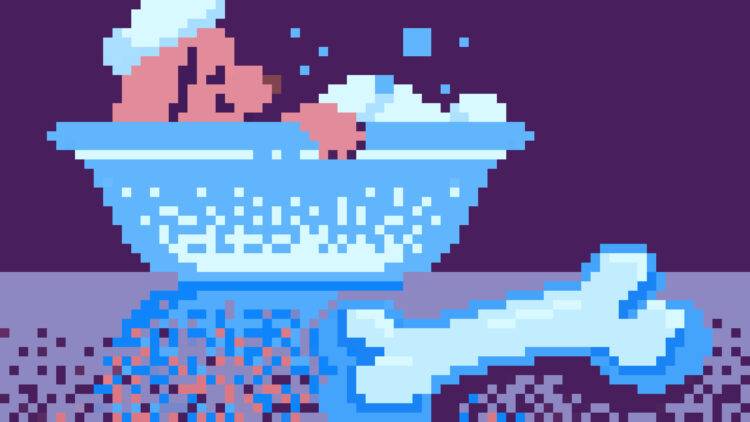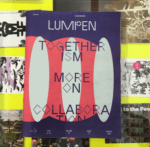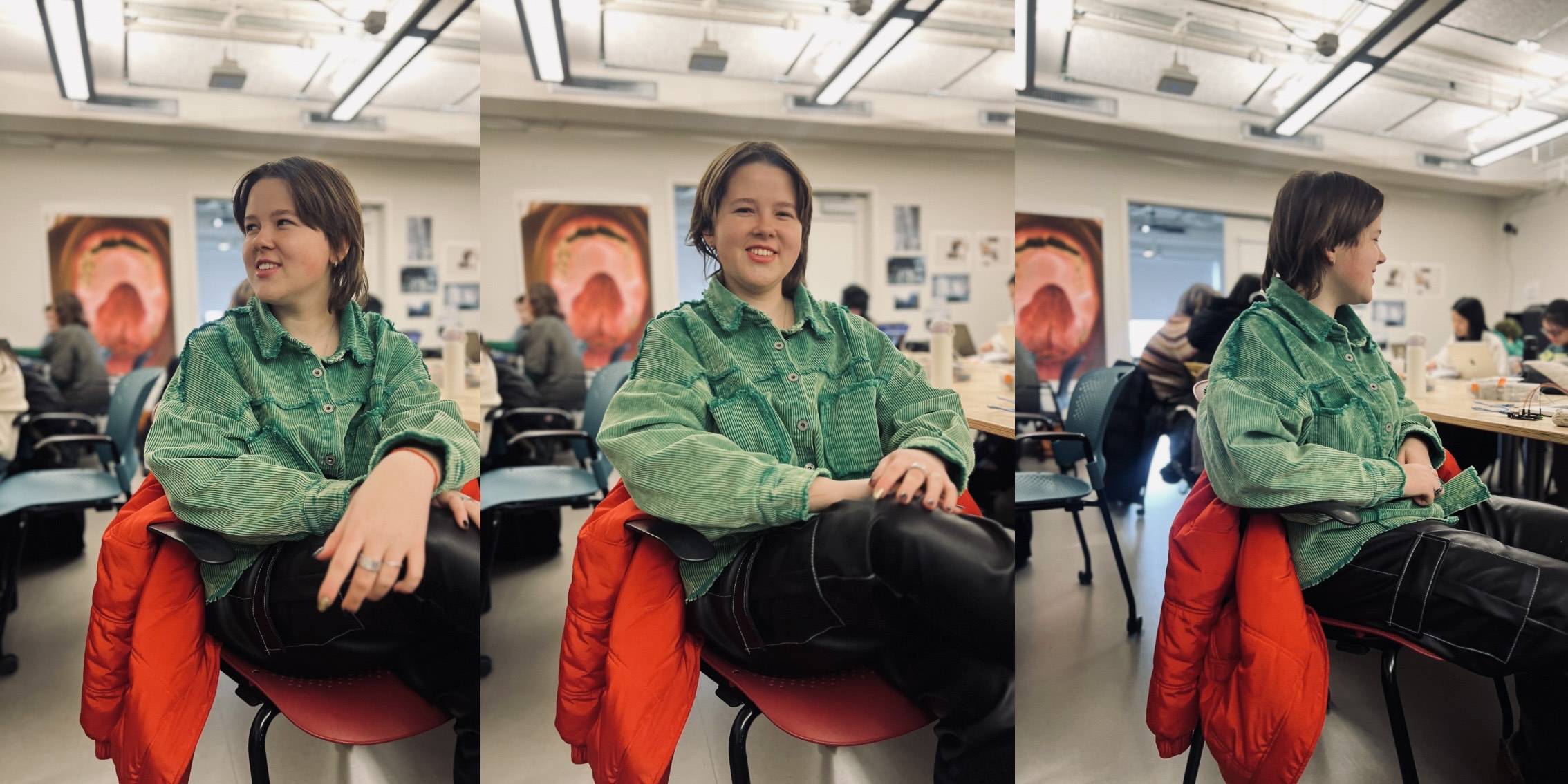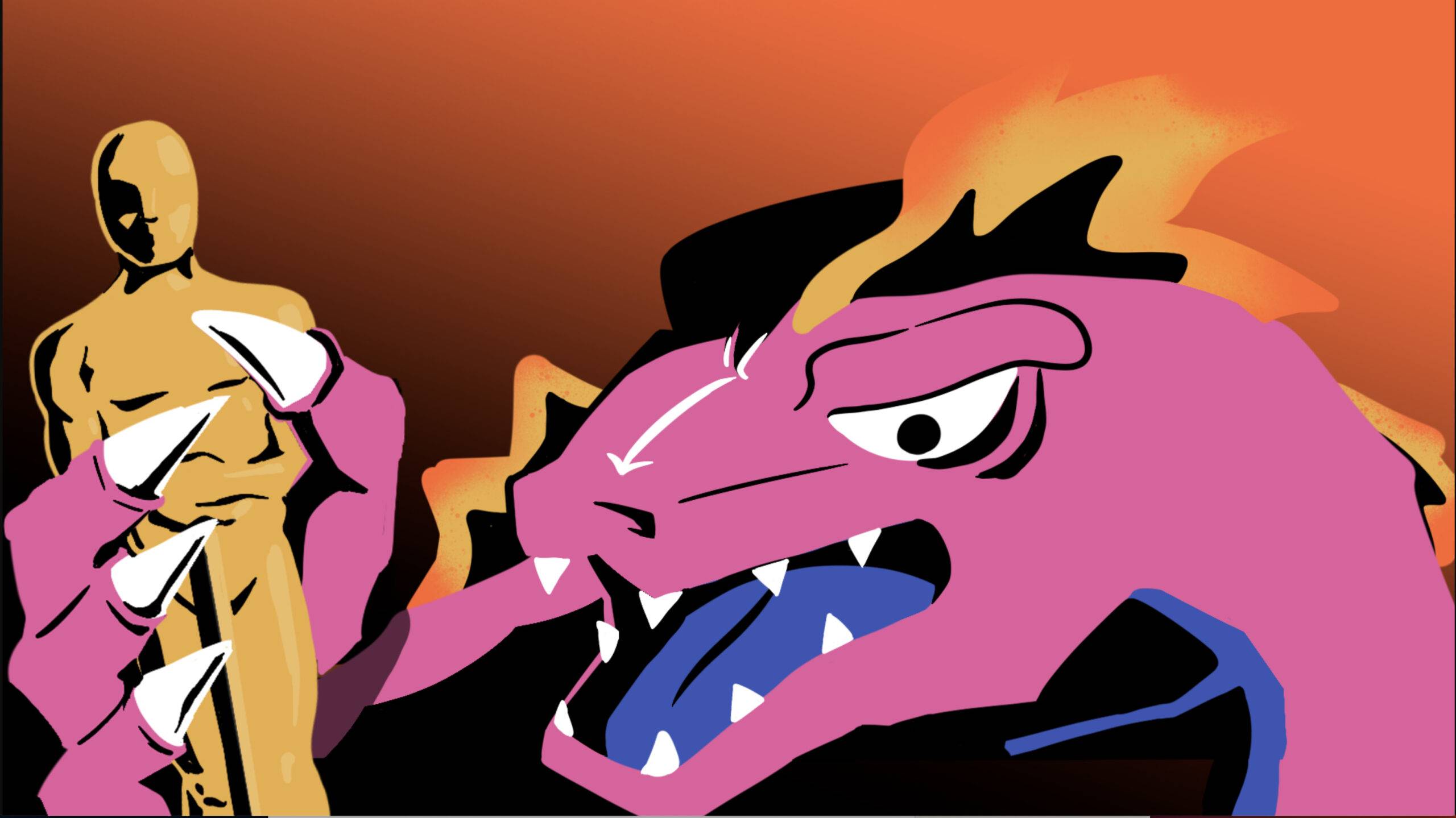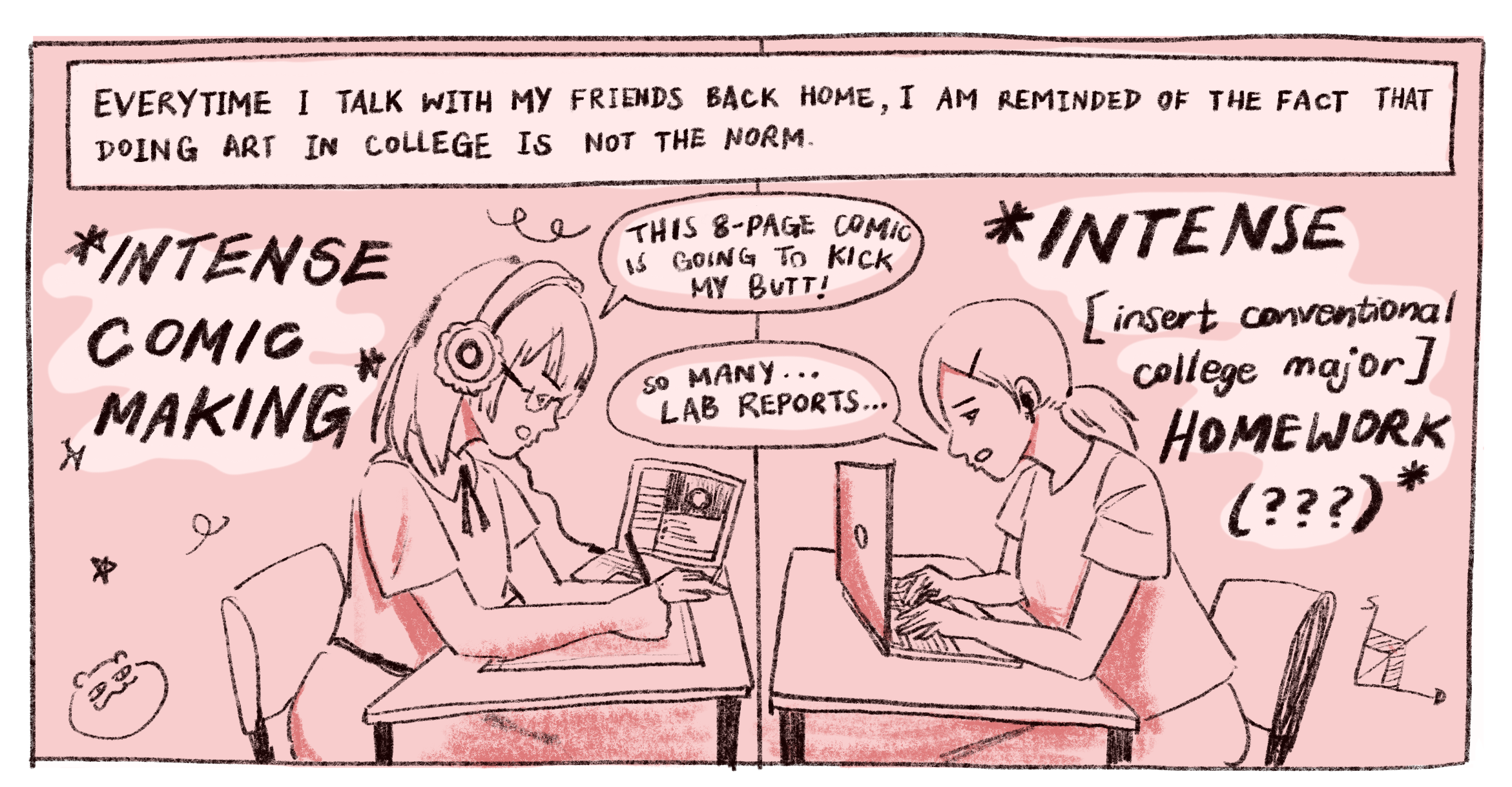“Did the pug have bones today?” is not a sentence I expected to ask regularly, but thanks to TikTok-famous-pug, Noodle, and his owner Jonathan Graziano, it’s become a common question on the internet and even in real life. Daily, us TikTok users sit on the edge of our seats waiting to see how Noodle will decide our day is going to go. In short, will it be a “bones” day or a “no bones” day?
But how exactly does Noodle’s prediction powers work? It’s simple, really. Every morning, Jonathan picks Noodle up off his fluffy dog bed to see if he is going to stand up or flop down dramatically. It’s hard being a 13-year-old pug, and some days when you wake up, you just need to lay back down. If Noodle stands, then it’s a “bones” day! If he goes back to sleep, then he’s boneless. But on “no bones” days, Jonathan reminds you that it’s okay to have “no bones” days, and to practice self care and give yourself the time you need to rest.
With his owner’s account having over 4.4 million followers and 49.3 million likes, people have really taken to heart the idea of “bones” day and “no bones” day, treating them essentially like a horoscope in some ways. There’s many many videos tagged with #nobones, #noodletok, and #noodlethepug where various TikTok users talk about Noodle, Jonathan, and whether or not it’s a “bones” day for themselves. There’s even a popular sound on TikTok that is a song about Noodle.
Noodle and Jonathan have gotten some major recognition outside of the TikTok realm as well. They’ve been reported on by the New York Times, NPR, People Magazine, and interviewed on the Daily Show. Rolling Stone even tried to “cancel” Noodle for trying too hard to be trendy and “gaslighting, girlbossing, and gatekeeping too close to the sun.” Personally, I’m not sure how a pug could gaslight or gatekeep, but Noodle is definitely a girlboss.
As a disabled 18-year-old in their first year of college, there is something very comforting and validating about Noodle and the discussion he’s started on TikTok. And it’s a conversation that needs to continue happening both on and off social media. Everyone has “no bones” days. But this is especially true for disabled and neurodivergent individuals.
In 2003, Christine Miserandino, published “The Spoon Theory” on her blog, butyoudontlooksick.com. It’s a personal story about being out to dinner with her able-bodied friend, and using spoons as a metaphor to explain to this friend common disabled day to day experiences. Everyday you wake up with a number of spoons. The number changes depending on pain levels, mental state, etc. and every task you do will take up spoons. The spoons are a physical representation of her point that “the difference in being sick and being healthy is having to make choices or to consciously think about things when the rest of the world doesn’t have to.” Some tasks will require more spoons than others, so you have to prioritize what choices and tasks you focus on. Spoon Theory has resonated with many disabled individuals over the years, myself included, and there are disabled and neurodivergent people who identify as a “spoonie” as an homage to Miserandino’s essay. Spoon Theory gave us a way to talk about our common experiences in a simple, concrete metaphor.
Noodle, to me at least, is a modern version of Spoon Theory. Everyday you wake up, and you don’t know how well you’re going to feel and how capable you are going to be. Sometimes, it’s a “bones” day and you have many spoons. When I wake up in the morning, I always hope it’s going to be a “bones” day. I hope that my pain levels will be low, that I’ll be able to go to class without any issues, and that I will have enough physical and emotional energy to deal with my body and the outside world. But truth be told, chronic pain is goddamn exhausting, and some days I don’t have any bones or any spoons. Normalizing low-ability days via an adorable pug on TikTok has made talking about these daily experiences a lot less daunting. I don’t have to get personal and vulnerable in explaining my pain or my body. I can simply say “it’s a “no bones” day for me” and most of my peers will have an understanding of what that means without having to know about my health issues.
COVID-19 and the pandemic the last few years has made chronic health issues something more openly talked about and accommodations more accessible. This was in large part because able-bodied people now also needed accommodations, and so it was more in the public eye.. Though I know many of my peers hated online schooling, for me, it was such a relief. Knowing that on days that I didn’t feel well, I could still come to class virtually, was huge. Other disabled friends, peers, and former classmates have talked to me about similar feelings. Bodies are hard and messy to inhabit. Virtual options for work and schooling means giving up less spoons and being able to be a part of the world without everyone having to know the details of your health issues. Now that we’re returning to being in the classroom, I feel exposed and exhausted. Most schools, companies, and other institutions don’t care if it’s a no bones day or not. We must — those with many spoons and those with few — advocate for accommodations that allow all of us to have bones and no bones days.
But Noodle offers a reminder that “no bones” days are normal and okay. That I need to stop and let myself rest before I push my body too far. The pandemic made me even more aware of my body and health than I was before it, but Noodle has helped me further understand the ways to talk about my body and my pain. You are not failing if it’s a no bones day. Your body needing to take a break isn’t a commentary on the type of person you are or how successful you can be in your art or classwork. In our capitalistic, fast paced world that’s a reminder I think we all need.
Noodle and Jonathan are helping open up conversations about disabilities and self care, and from all the major news sources reporting on Noodle, the amount of videos about this little pug on my FYP, and the students who have brining up Noodle in the middle of a random conversation, I’d say it’s working. So yes, Noodle is the girlboss TikTok needs right now.

